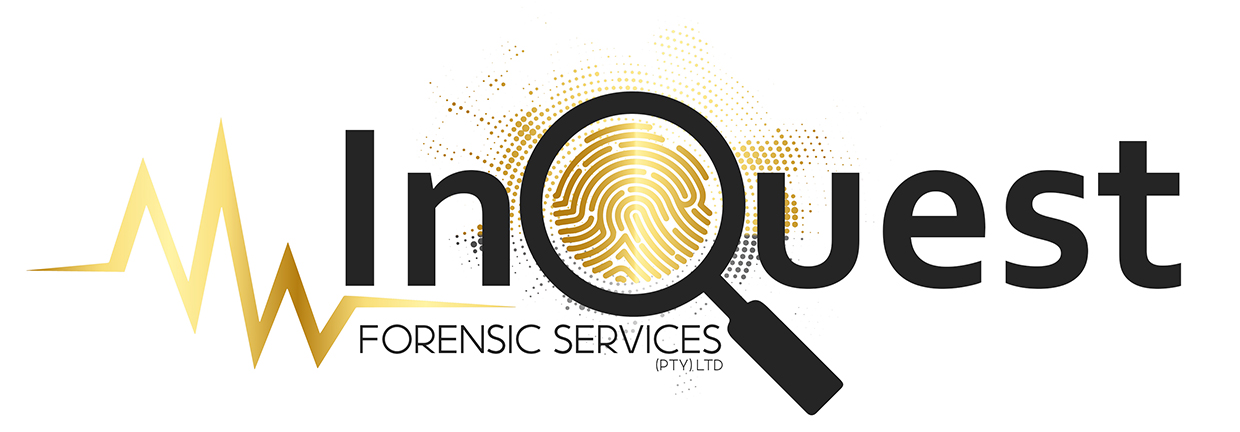Polygraphy FAQs
Frequently Asked Questions
Polygraphy is the contemporary term used to refer to the practice of polygraph testing by a polygraph examiner who uses an approved polygraph instrument and validated testing, as well as analysis techniques for the purpose of detecting deception and verifying the truth about an issue under investigation. Polygraphy is an investigative tool and can therefore not be used as the only evidence in an investigation. The outcome can be used as corroborating evidence in an investigation into a specific matter.
An investigator who has undergone recognised and specialised training in the field of Polygraphy. The contemporary name for a polygraphist is Forensic Psychophysiologist.
The entire polygraph examination comprises of a pre-test, in-test and post-test phase. During the pre-test phase, the examiner obtains from the examinee; personal information, as well as information relating to the issue under investigation. The in-test phase is also known as the data collection phase and therefore entails the actual testing of the examinee. During this phase, physiological data is collected from the examinee’s body through various components which are attached to his/her body, while he/she is asked a series of reviewed questions. The post-test phase comprises interpretation and analysis of the collected physiological data to obtain a final result related to his/her truthfulness. Once a result is obtained, a report of the findings is compiled.
Currently, Polygraphy is not regulated by specific legislation; however, the Bill of Rights under the South African Constitution, Chapter 12, states that it is unconstitutional to coerce any person to undergo a polygraph examination. Neither an investigator of a specific case, nor an employer/potential employer or the polygraph examiner may force the examinee to undergo the examination. It is the examinee’s Constitutional Right to refuse and therefore, he/she must voluntarily provide consent, in writing, before the examination can take place. Despite no law regulating Polygraphy, the CCMA (Commission for Conciliation, Mediation and Arbitration) recognises Polygraphy as a forensic/investigative tool.
Polygraph examiners have been identified as expert witnesses by the CCMA; however, their evidence has to be tested for reliability. It is the responsibility of the commissioner to determine the admissibility and reliability of evidence provided by the examiner and the polygraph examination with its result may not be interpreted as implying guilt. Rather, it may be viewed as an aggravating factor, particularly if additional evidence of misconduct is available. For more, refer to the CCMA’s Polygraph Testing Information Sheet at the link provided.
The CCMA permits the use of polygraph examinations by employers to investigate specific incidents provided that employees voluntarily consent, in writing, to undergo the examination. The commission outlines several incidents where polygraph testing is permitted. For more, refer to the CCMA’s Polygraph Testing Information Sheet at the link provided.
The results are only released to authorised persons who typically include the examinee, the requestor (private individual, organisation, employer, etc) and anyone identified, in writing, by the examinee and/or requestor. For more, refer to the CCMA’s Polygraph Testing Information Sheet at the link provided.
Supporters of Voice Stress Analysis (VSA) claim it is accurate in detecting deception; however, research has proven that there is very little accuracy in VSA’s detection of deception. Moreover, VSA is not recognised as an investigative tool in the CCMA or Court of Law.
